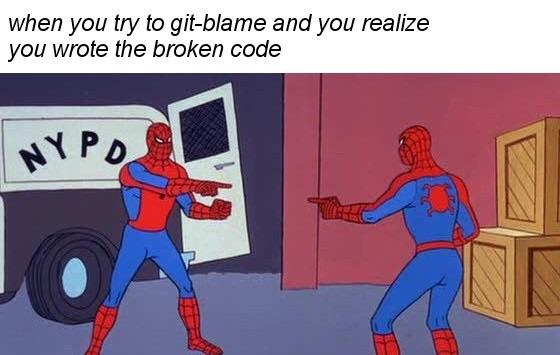Three tips to be a better code reviewer today
As a professional software developer, code review is a big part of the job! It's often a requirement for shipping your work, and understanding code well enough to give feedback takes time.
So engineering teams often turn to automation to help reduce the cost of code reviews. Test coverage and static analysis tools help avoid bugs and vulnerabilities. Linters and formatters keep devs from spending time and energy on code style.
And these tools are great! But they miss the human aspect of professional development. With that in mind, here are three tips to help you be a better code reviewer for your team, no matter how experienced you are or what technology you use!
1. Do the tests document the code well enough?
Comments get out of date quickly. Design docs get lost. When you revisit a project, sometimes the only documentation you have is the tests.
If you have great tests, that might not be too bad. If you have no tests, it could be a disaster!
As a starting point for feedback about the tests, ask yourself these questions:
- Can I call this function, use this library, or render this component using the tests as examples?
- Do the tests tell me what inputs are valid?
- Do the tests tell me what inputs will throw an error or have invalid results?
2. What parts of the code were the hardest to understand?
After a feature has shipped, it needs to be maintained. Eventually, someone will read this code who has never seen it before, and they'll need to understand it well enough to change it.
That person reading the code for the first time might even be you! Lots of engineers have done a `git blame` and realized they were the original author of the code they were just complaining about.
Thankfully, code review is a similar experience. As a reviewer, you're probably reading the code for the first time, and you don't have all the context of the code author. If any of the code was difficult to understand when you read it, offer some feedback to improve it!
- Could the names be clearer, or more descriptive?
- Could complex logic be broken down into utility functions?
- Could the documentation be improved with a comment? Or a more targetted test case?
3. Explain why
This last one is a little different from the first two, because it's about how you give your feedback, not about what feedback you give. And it's much simpler.
When you give feedback during a code review, explain why!
If you're an expert, code review is a tool to teach other engineers. Making suggestions and explaining why is how you do that.
And if you're not teaching, explaining why helps to build empathy and open discussions about other options.
You don't have to write a novel, but even a little explanation helps. For example, "This boolean logic was tough for me to follow. Can you split it into a few utility functions?"
What's next?
Being great at code reviews is a skill that takes a lot of practice, and there are a ton of topics that can't be covered in a quick list like this. Some of them are technical, like language specific best practices, and some of them are interpersonal, like offering effective feedback.
But hopefully these tips will help you and your team get more value out of your code reviews!
